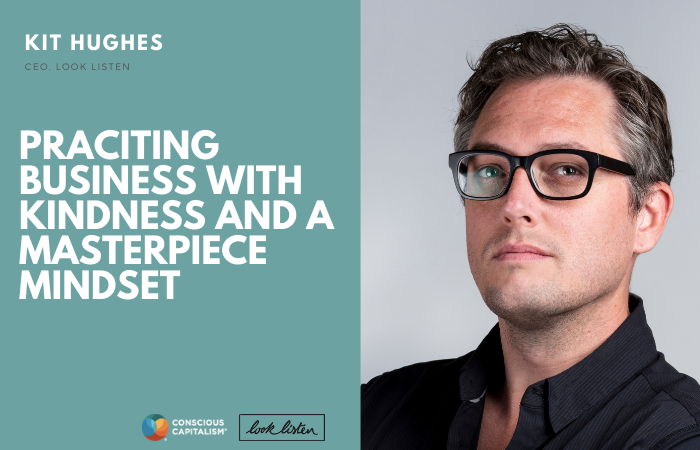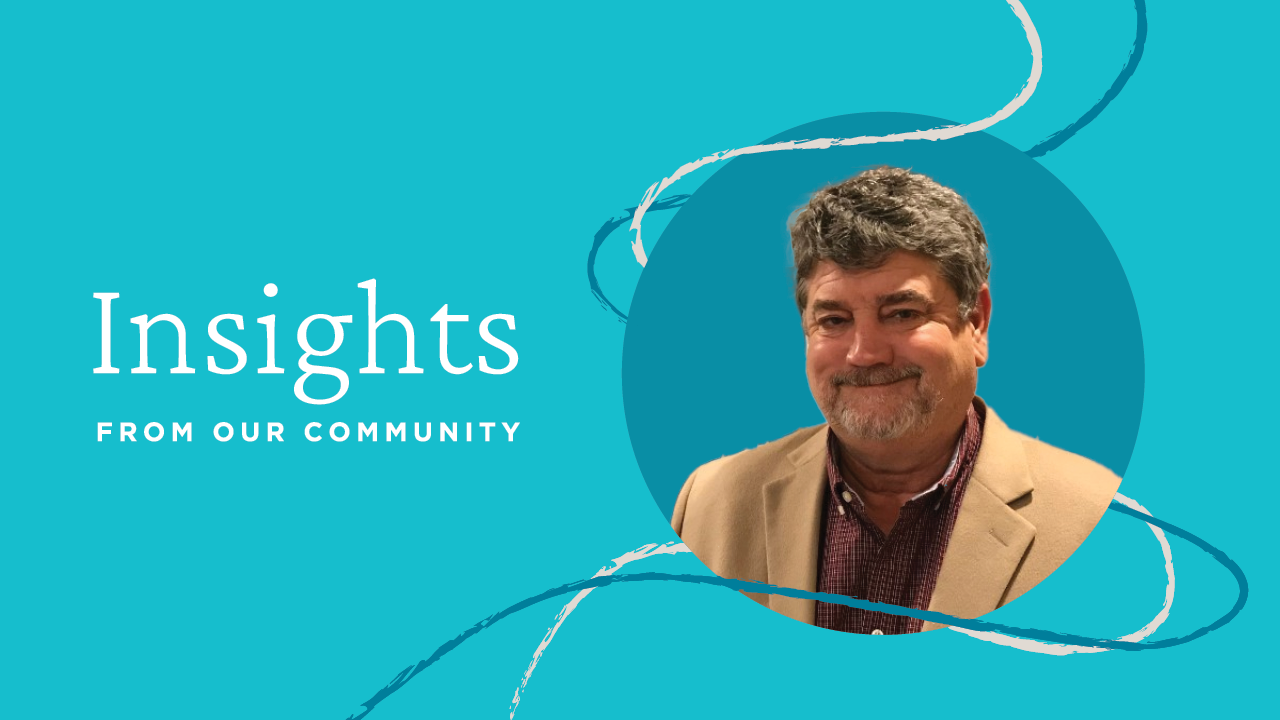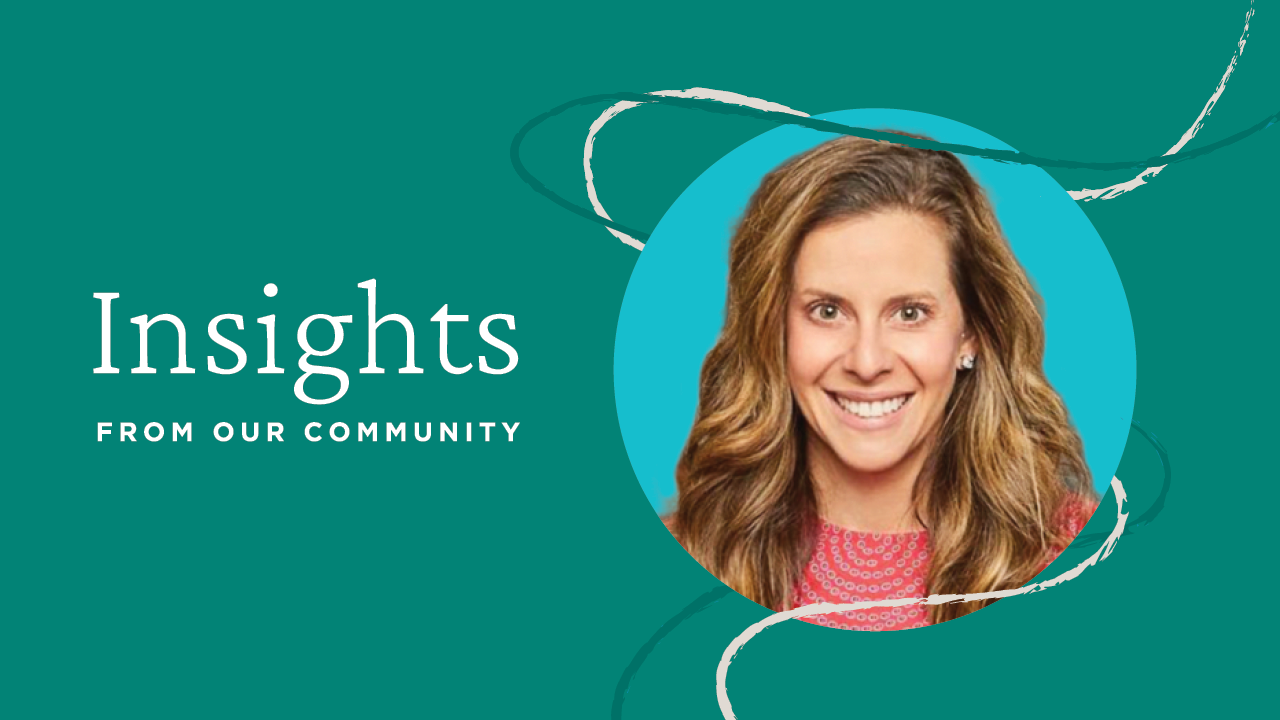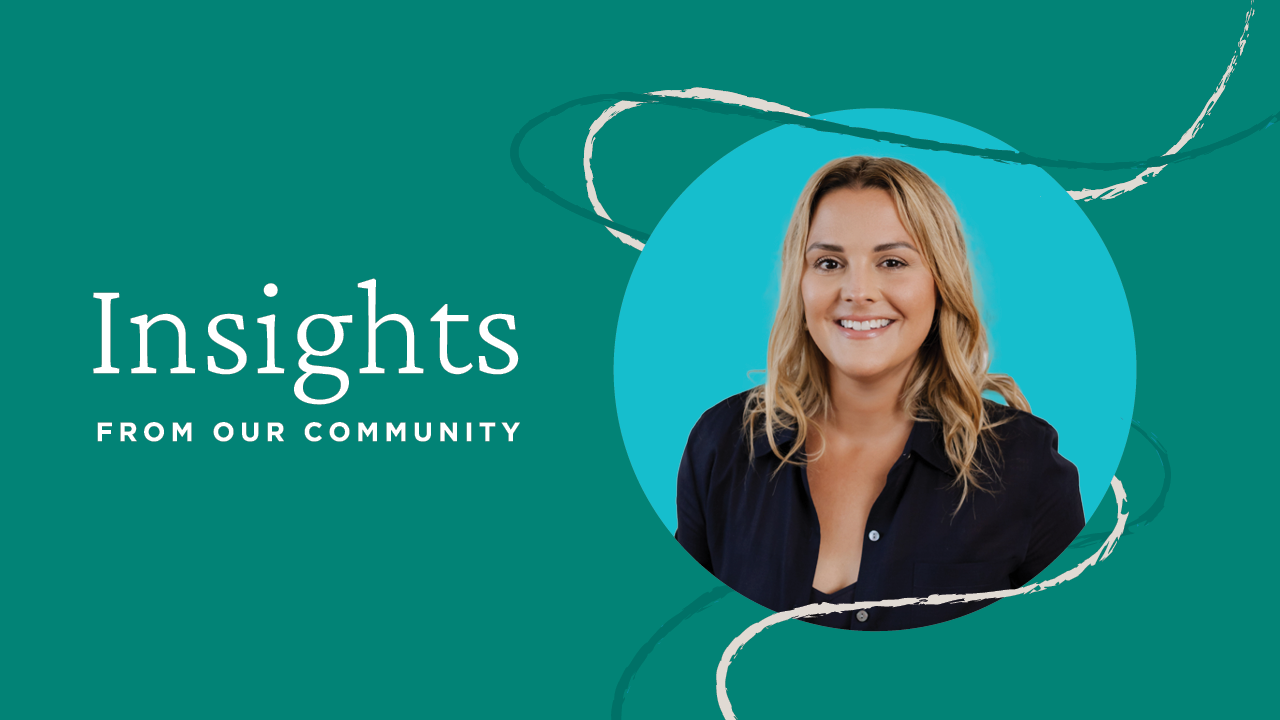Kit Hughes, CEO of Look Listen, shares his insights on how he has built his company into a living work of art, using kindness and a masterpiece mindset to translate the beauty that business can bring to society and to other people’s lives, so that one day there will be no distinction between everyday capitalism and Conscious Capitalism.

Meet Kit Hughes
Kit Hughes is a typical technology entrepreneur. He dropped out of college to start a company (it failed), spent a period of time homeless (by choice), and became an overnight success (slowly). Eventually, Kit returned to school as a two-time research fellow at the University of Georgia leading experimental technology research projects exploring mobile computing and connected devices. He credits his business smarts to his studies in strategy and innovation at MIT Sloan. Kit co-founded Look Listen in 2007 as a mash-up of a digital agency and a consulting company working at the intersection of insights, creativity, and technology. Look Listen grew to have offices in Atlanta, Denver, and Portland working across digital marketing and digital product development. They have worked with a variety of B2B and B2C brands across multiple touchpoints: AT&T, Char-Broil, Coca-Cola, Flextronics, GE, NCR, Philips, and Steve Harvey.
Kit Hughes’ early experiences as a son, a grandson, and an artist helped to shape the way he thinks about and practices capitalism.
As a young boy, Kit’s opinions were strongly influenced by his family, especially his father and his mother’s father. They brought two dissimilar views of capitalism into his awareness, both of which heavily influenced who he is as a conscious business leader today. His grandfather was an entrepreneur who always engaged in the spirit of helping people. Kit recalls, “He had a kind of energy that he directed toward helping people.” His grandfather was comfortable taking on a lot of risk with the intention of elevating humanity. “I saw through him a sense of energy and community and networking. Networking not in the ‘get ahead’ sense, but in the way in which you’re making connections with people, that you are part of something bigger.”
Kit’s father presented a different view of capitalism. He was a firefighter and an hourly factory worker, and according to Kit, he was “incredibly risk averse.” Kit’s father was motivated by a sense of loyalty and duty to his family. He saw business as a means whereby he could serve his family, but “he was never an entrepreneur and had no desire to be; he didn’t even want to be in management.”
Kit reflects, “I had my grandfather’s pulse and energy for business and for helping people through business, but I also had my father’s sense of loyalty to family, that sense of integrity.”
It’s not hard to see how both of these influences play out in the way that Kit practices Conscious Capitalism: As a human.
Humanizing the Workplace with Kindness
Kit seeks to elevate humanity by bringing humanity to the little things. He tells us, “Too many leaders will give you a fluffy answer and make it about something bigger. It’s actually the super small, tactical, boring things.”
Kit tells us that an ordinary leader might see these decisions as transactional, a means to an end. They might try to brutally renegotiate, twist an arm, or be cold about an exchange. A conscious leader is empathic to the situation that is being created for everyone; they will do what needs to be done with a level of dignity, with humanity.
Kit reflects on this observation, “I think that in a lot of business transactions, humanity is checked at the door. Or it’s like a light switch that you can turn on and turn off at your pleasure. For example, the sales process. It’s useful at the beginning to be human and friendly, to give the impression that you’d be great to work with; and when it comes to contract negotiations to turn that switch off, and then the attitude is ‘This is all we can do. You need to pay this amount.’ To me, I don’t believe in turning that switch off or checking your humanity at the door. It would be disingenuous to who I am and the company I am trying to build. That alarms people sometimes in the process, because they’re used to negotiating with people who are going to play the game. There’s a charade that happens in negotiations where this is who you are now, but later you’re going to be someone different. There’s a version of me at all times which is kind. But kindness is not to be confused with weakness. You can be kind to people while being strong in negotiations.”
Kit reveals a few key insights that help him to be human even in the most challenging times:
Begin with kindness. It’s more helpful to work with your vendors from a place of kindness and care in order to understand their parameters while being clear about yours. In difficult times it can be easy to default to survival mode, but your vendors are people. It’s helpful to remind yourself not to use other people as tools that will move you closer to the thing you want.
Build trust by being consistent in your humanity. Empathy is a deeply human experience. It’s the experience of not just understanding, but feeling what it must be like to be in someone else’s position. Authentic, empathic exchange can help build trust. However, empathy is much less effective when it’s used as a tool to get what you want that you can turn off when it no longer serves you.
Couple strong negotiations with kindness. Kindness is not weakness; it’s a way of building more opportunity into the conversation. When you bring your humanity to the negotiating table, and you engage with stakeholders from a place of kindness and care, and you’ve consistently demonstrated that you are trustworthy; there will likely be an opportunity to find a solution that works for both parties.
Practicing Conscious Leadership with a Masterpiece Mindset
Kit builds kindness into his business in the same way that an artist might create a masterpiece: With intention and an eye for disrupting the status quo. This makes sense when you consider Kit’s early experiences; before he was an entrepreneur, a CEO, or a Conscious Capitalist – Kit was an artist.
In art school he was taught that art can speak to the master narrative of change and it can be a commentary on society – what it was, what it is, and what it can be. Kit feels that business – like art – is capable of changing the narrative of what society can be, and that conscious businesses have the capacity to impact the way business is practiced, so that one day there will be no distinction between capitalism and Conscious Capitalism.
With that in mind, Kit built Look Listen as he would a piece of art. “I studied and created Arte Povera (which literally means “poor art”) which was made famous by artists who used everyday materials and challenged the corporate mindset.” These artists were extremely creative and resourceful and as Kit tells us, “they actually were able to create things that were so unbelievably distinct that it changed the trajectory of the way art was made.” Kit, like his predecessors, is changing the face of capitalism with the hope that one day his work will contribute to changing the trajectory of the way business is practiced.
As he talks about his experience, you begin to see that for Kit, art school was a lot like “conscious” business school. He tells us, “In art school, two things are unlocked. One of them is thinking – manifesting a world view in some kind of piece of work. The other is that it turns you into a workaholic, because art school teaches you that it is never good enough, you are never good enough; it must always be better.”
There’s no doubt that Kit has incorporated these approaches into his role as CEO at Look Listen. His art background taught him how to think, how to be resourceful, how to be committed to excellence, and how to create a business that is truly exceptional. For Kit, Look Listen is a work of art always in progress – deserving of his love, his time, his attention, and the careful touches and thoughtful choices that have the capacity to turn a company into a masterpiece.
When Kit decided to start his business, he approached it like he would his art, he shares “Art seems incompatible with business because of what we’ve been taught that business is. But when you come from an arts background, you’re taught to question everything; you’re taught to walk around it 360 degrees. You’re taught to try to understand it from multiple viewpoints. I walked around it 360 degrees and decided that I want for this whole thing to be a masterpiece. And for it to be a masterpiece, that means everything, even our chart of accounts, needs to be structured in a way that is congruent with our belief system.” This is a conscious approach to business. It’s thoughtful, it’s deliberate, and for these reasons; it takes time to get it right. This is one of the critical elements of Conscious Leadership, the ability to operate on a long-term horizon knowing that getting the details correct now, will pay off in the future, even if it’s a distant future.
It goes without saying that most CEO’s were not educated in art school, but that doesn’t mean they can’t approach conscious business as a process of building a masterpiece. Kit’s story highlights a few insights that can help conscious leaders looking to build their own masterpiece.
Look at your business from all angles. Where do you need to add color? Where do you need to simplify?
Invite critique. Is it connecting with your audience? What can you tweak to increase impact?
Take the time you need to create a masterpiece. Are you rushing into decisions to meet someone else’s timeline? How can you slow things down in service to the purpose of the business?



